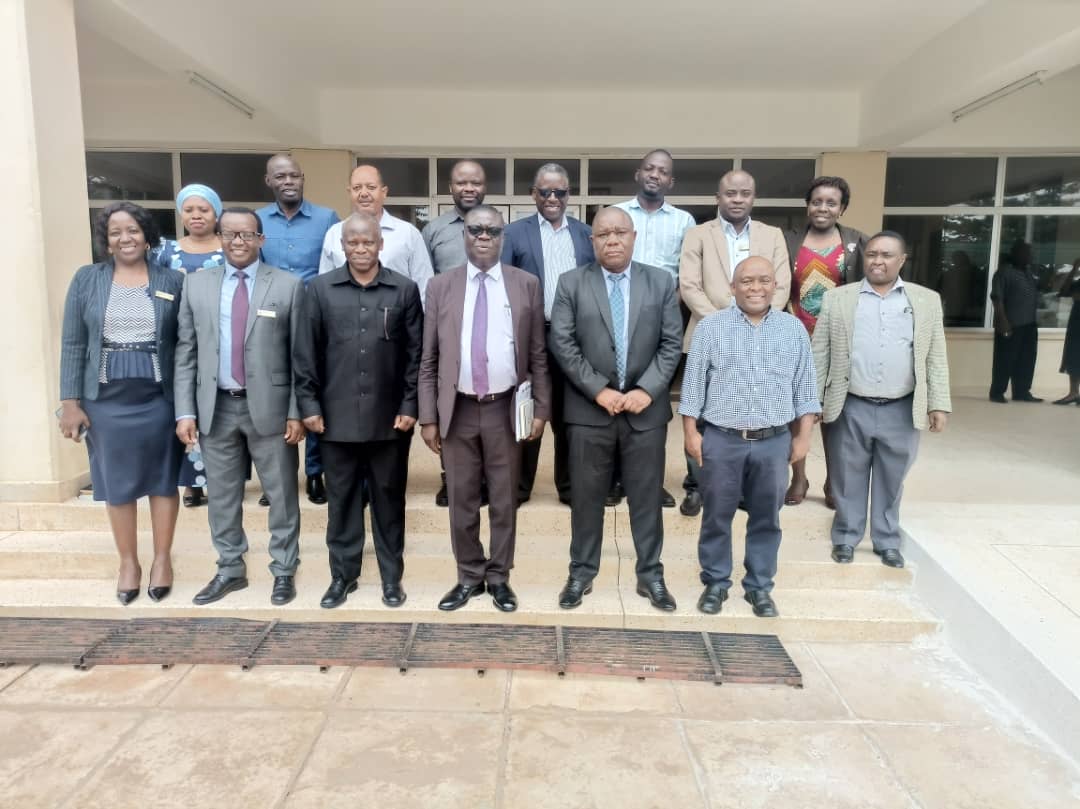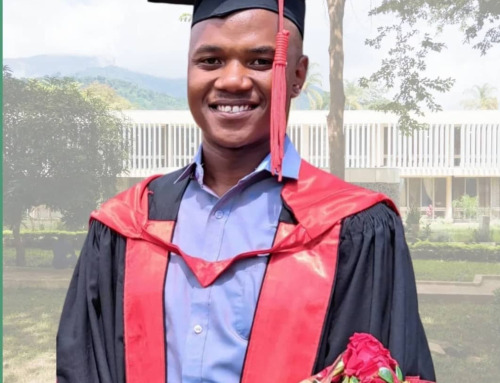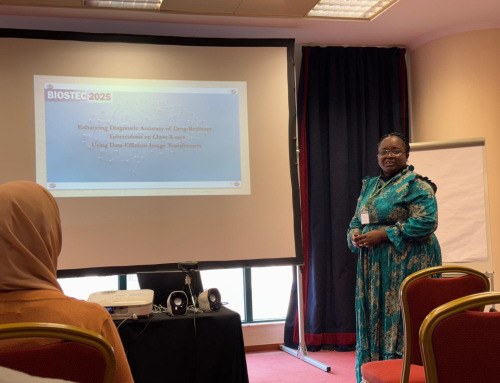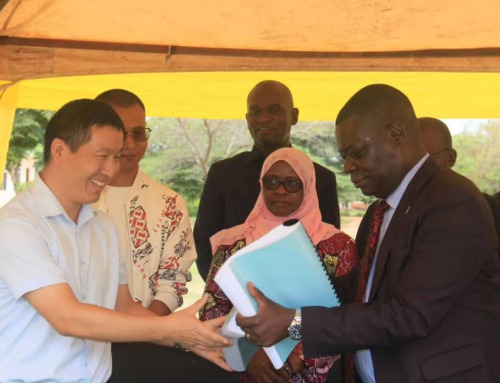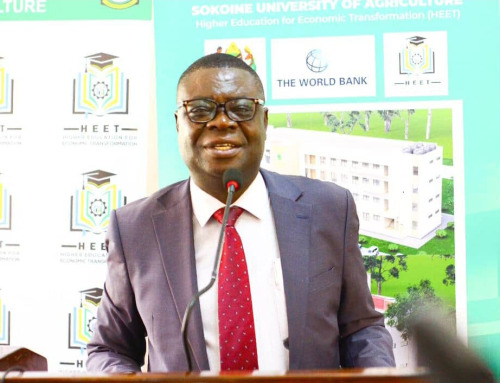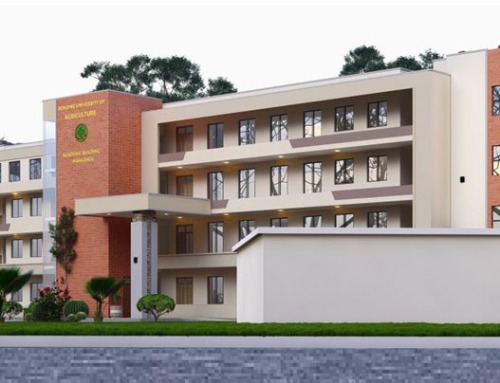The Sokoine University of Agriculture (SUA) – Higher Education for Economic Transformation (HEET) Project Steering Committee (IPSC) plays a crucial role in guiding and overseeing the HEET project’s implementation and objectives. The first meeting of this committee took place on September 1, 2023, and was presided over by Professor Raphael Chibunda, Vice-Chancellor at SUA. This inaugural gathering marked the commencement of a significant initiative aimed at advancing higher education for economic transformation in the nation.
The IPSC is composed of key stakeholders and experts from various fields, including academia, industry, and administration. Their collective expertise and diverse backgrounds are essential for ensuring the success and sustainability of the HEET project.
The main responsibilities of the IPSC include:
- Strategic Guidance: The IPSC provides strategic guidance to the HEET project. They help define the project’s objectives, long-term vision, and strategies for achieving them. This involves identifying areas where SUA can enhance its role in contributing to economic transformation through education, research, and outreach.
- Resource Allocation: The committee is responsible for allocating resources, both financial and human, to different aspects of the HEET project. This ensures that the project has the necessary support to achieve its goals effectively.
- Monitoring and Evaluation: To measure progress and ensure accountability, the IPSC monitors the implementation of the HEET project. They establish key performance indicators, assess outcomes, and make necessary adjustments to enhance project impact.
- Networking and Partnerships: Building collaborations with other institutions, organizations, and stakeholders is vital for the success of the HEET project. The IPSC fosters partnerships to facilitate knowledge exchange, funding opportunities, and resource mobilization.
- Policy Advocacy: As influential figures in the education and economic development sectors, IPSC members can advocate for policy changes and reforms that support the HEET project’s goals. They work towards creating an enabling environment for the transformation of higher education.
- Quality Assurance: Ensuring the quality of education and research at SUA is a top priority. The IPSC oversees the development and implementation of quality assurance mechanisms to maintain high standards across all academic and research programs.
- Reporting to Stakeholders: The committee communicates progress and achievements to various stakeholders, including the university community, government agencies, donors, and the public. This transparency enhances accountability and demonstrates the impact of the HEET project.
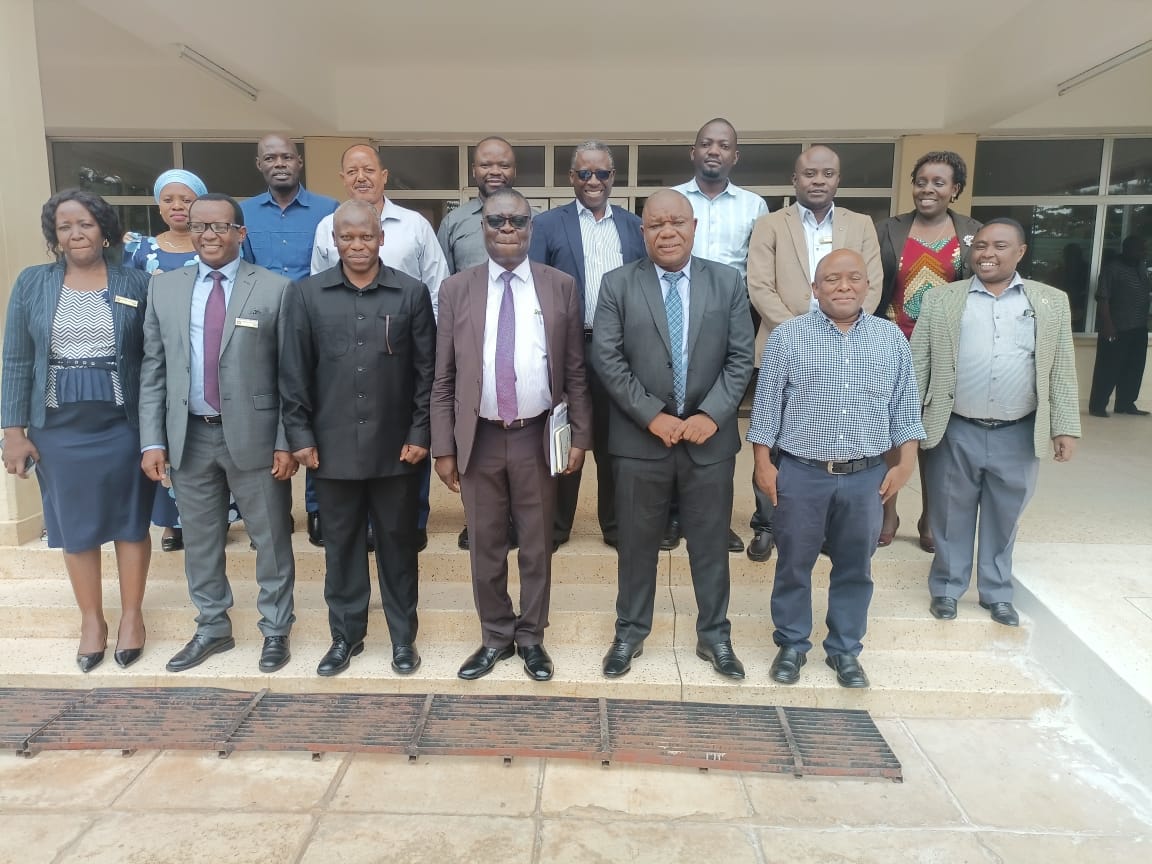
Under the leadership of Professor Raphael Chibunda, the IPSC is poised to steer the HEET project towards its objectives of fostering economic transformation through higher education. With a commitment to innovation, collaboration, and excellence, this committee will play a pivotal role in shaping the future of the Sokoine University of Agriculture and its contribution to the broader socio-economic development of the agriculture sector. The inaugural meeting of the IPSC signifies the university’s dedication to realizing these transformative goals.

